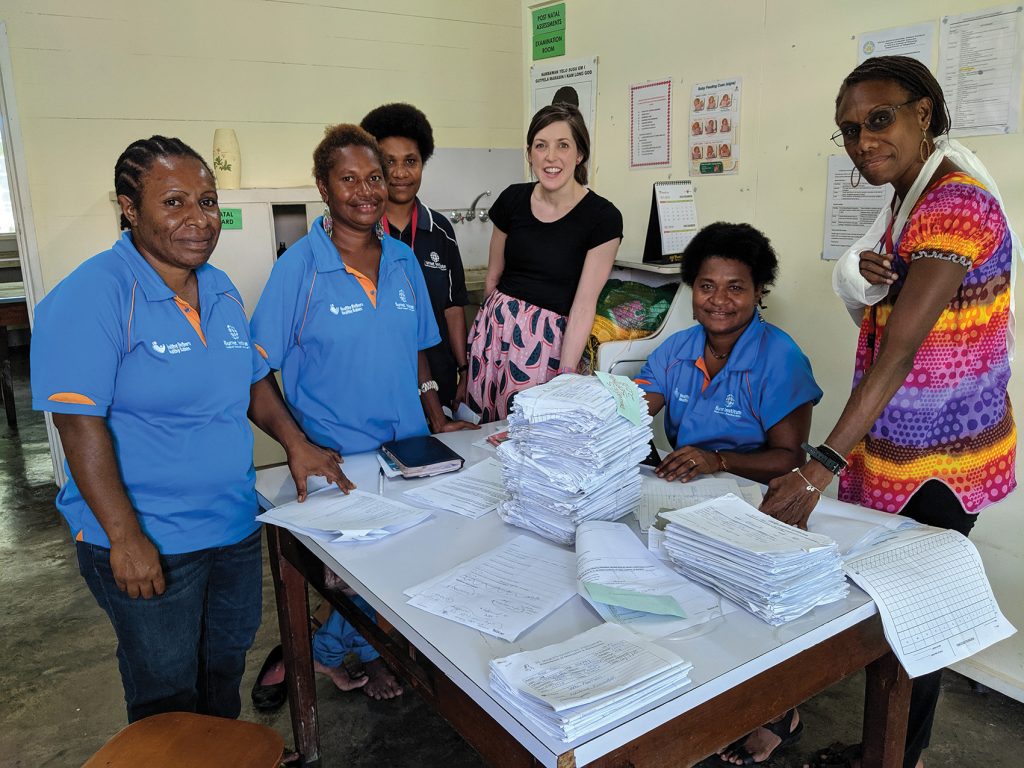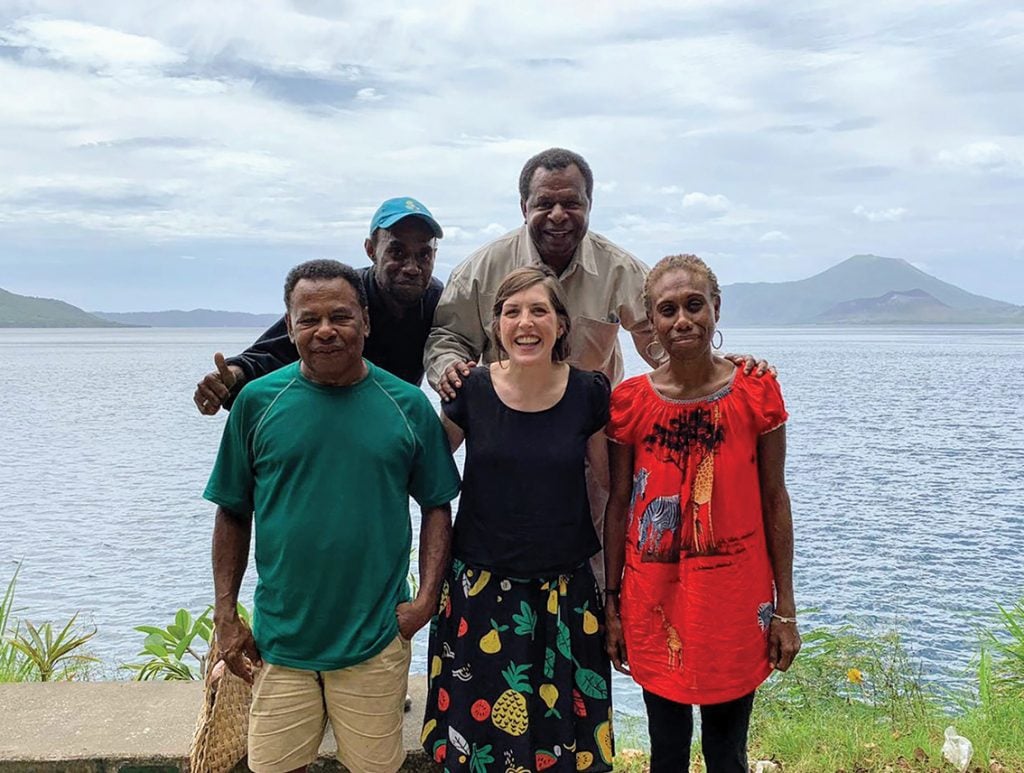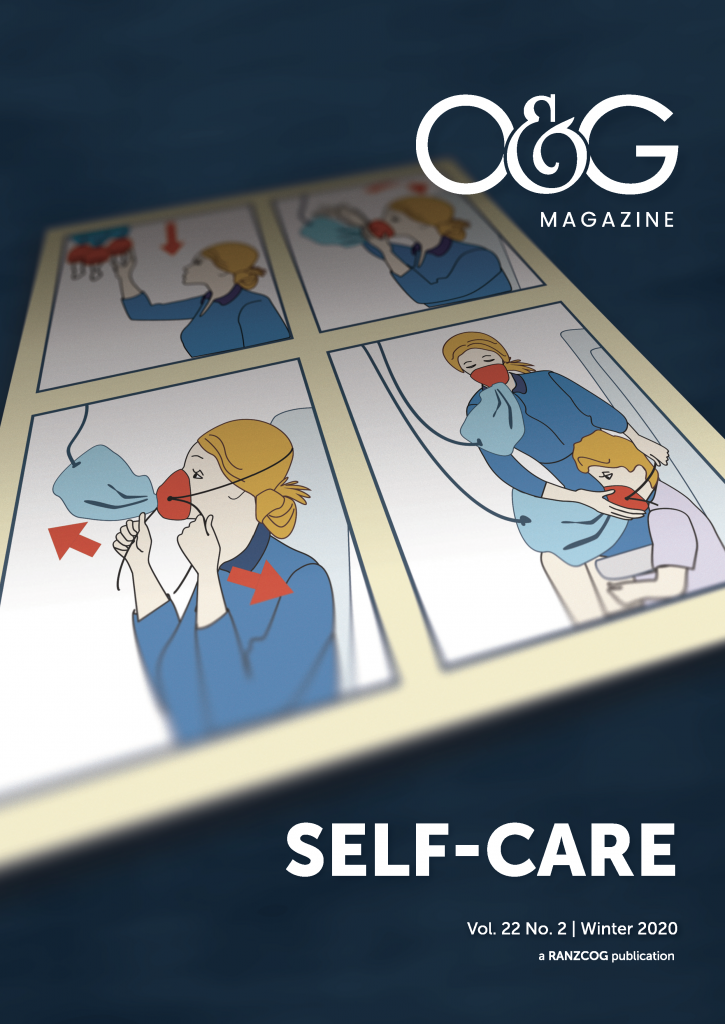For Diplomate Dr Alyce Wilson, the passion she has for health equity and advocacy can be encapsulated in two words: saving lives.
‘We cannot improve health outcomes without addressing health inequities. Addressing the social determinants of health is key,’ Dr Wilson says.
‘As doctors, I think we have a responsibility to advocate for poor and marginalised groups who lack political, social or economic power. We need to advocate for social, economic, educational and political systemic changes that prevent disease and promote and protect health.
‘However, in doing so, we need to be reflective and cautious and not assume we know or understand the needs and priorities of these groups and ideally should aim for any advocacy efforts to be collective and collaborative.’
It is this passion that has seen Dr Wilson recently awarded a Stillbirth CRE top-up scholarship, worth $9000.
Stillbirth CRE PhD top-up scholarships
Through a competitive process, the Stillbirth CRE (www.stillbirthcre.org.au) offers top-up scholarships to eligible PhD students receiving external competitive PhD scholarships. These top-up scholarships are designed to support exceptional PhD candidates whose projects align with the CRE’s priority areas and make a meaningful contribution to the CRE’s program of work.
Dr Wilson’s work is looking at quality pregnancy, childbirth and newborn health services in Papua New Guinea (PNG). ‘Quality care during pregnancy and childbirth saves lives,’ Dr Wilson says. ‘Worldwide, it is estimated that improvements in the quality of maternal healthcare could prevent as many as 531,000 stillbirths each year. PNG’s high rates of stillbirth, up to 30 per 1000 live births, demands the identification of new and effective ways to end preventable stillbirths.
‘Low-income countries like PNG face unique challenges in providing quality care during pregnancy and childbirth. There is a need for research in these resource-constrained settings to determine how to improve the provision of quality care to avoid preventable stillbirths.’
The study is using a mix of quantitative and qualitative tools – interviews, focus groups, clinical observations, facility audits and reviews of clinical records – to evaluate the current quality of maternal and newborn care provided in five health facilities in East New Britain, PNG.
Using a Partnership Defined Quality approach, Dr Wilson is working with local health services, clinicians and community members to explore quality, and mutually design, implement, monitor and evaluate quality improvement activities. The findings will be scalable, sustainable and highly relevant to reducing preventable stillbirth across PNG and other low-resource settings where similar challenges and gaps exist in healthcare services.

The research team reviewing medical records and conducting facility audits as part of the quality care assessment. (L to R) Priscah Hezeri, Primrose Homiehombo, Kerryanne Tokmun, Alyce Wilson, Rose Suruka,
Pele Melepia.
Scholarship to make a difference
‘I was thrilled to hear that I had been awarded a Stillbirth CRE top-up scholarship,’ Dr Wilson says. ‘The scholarship will contribute towards the costs needed for study trips to PNG. These trips are essential to maintain stakeholder relationships, support the local research team in Kokopo with project coordination and provision of training in appropriate research standards and approaches and conduct workshops to discuss study findings with obstetric, midwifery and paediatric colleagues in East New Britain.’
Further funding is being sought to conduct the next phase of the study, which involves working with local clinicians to develop and implement culturally appropriate interventions to improve quality of maternal and newborn care in order to reduce preventable stillbirths.
From a young age, the passion grew
Wanting to make a difference in people’s lives can be traced back to when Dr Wilson was 12. It is then, she says, through family hardship she was inspired to become a doctor.
‘My family has a strong history of cancer and a number of family members carry the BRCA2 gene – a gene mutation that strongly increases the risk of breast, ovarian and other cancers,’ she says. ‘My mum was diagnosed with breast cancer when I was young and I think it was seeing her go through her surgeries, chemotherapy and how the doctors cared for her (particularly doctors that recognised she was more than her cancer – a mother, sister, aunty, friend – a person, in fact) that inspired me to become a doctor.’
Her passion for working in maternal and newborn health came about as she undertook her DRANZCOG and Master of Public Health, and from working abroad in India and Samoa.

The research team on the road, visiting facilities. (L to R) Duk Duk Kabiu, Ioni Pidian, Stenard Hiasihri, Alyce Wilson, Pele Melepia.
‘I’m driven by the poor health outcomes experienced by women and newborns in low- and middle-income countries like PNG,’ Dr Wilson says. ‘PNG has one of the highest maternal mortality ratios for the Asia Pacific region. The death of babies in the first 28 days of life is also high at 23.5 per 1000 live births. The real rates are probably higher, as about half of women give birth out of the health facilities and so are not counted. Only 55% of women have four or more antenatal care visits.
‘The majority of these maternal and newborn deaths and stillbirths are preventable, and through implementation research we can find effective interventions and identify policy changes needed to save lives.’
RANZCOG President Dr Vijay Roach said, ‘Dr Wilson’s genuine commitment to women of the Pacific, combined with her extraordinary academic ability, makes her a worthy recipient of the Stillbirth CRE scholarship. She exemplifies the best qualities of leadership and advocacy, attributes that are critical to the progression of women’s healthcare in PNG.’






Leave a Reply